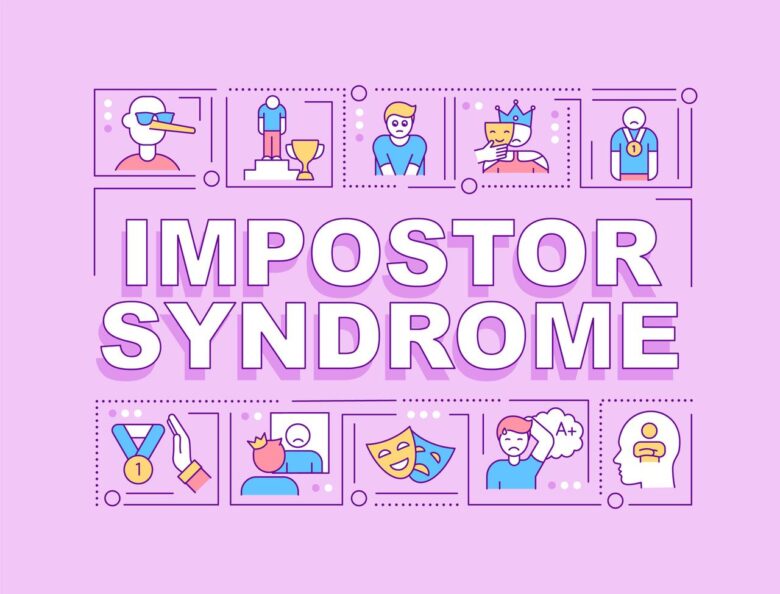‘I feel like people don’t take me seriously’ Model Hailey Bieber confesses that she suffers from Imposter Syndrome.
Hailey Bieber Talks About Imposter Syndrome
Model Hailey Bieber, wife of singer Justin Bieber, is expanding her activities further by launching her own skincare brand, Rhode Skin, while also working as a model. In an interview with Byrdie, she revealed that she suffers from “imposter syndrome,” a condition that causes her to underestimate herself.
What is “Imposter Syndrome?”

Imposter Syndrome is a tendency to be unable to honestly affirm one’s own success, and even if one achieves a goal, one feels that it is not one’s own ability but just luck, or one fears that one’s lack of ability will be exposed one day.
Many people have abnormally low self-esteem and feel that they are a fraud or that they are deceiving others, so this symptom is also known as “cheater syndrome” or “swindler syndrome. It is said that successful people, especially women, are more likely to suffer from this syndrome.
Various causes are thought to contribute to this syndrome, but it is often attributed to pressure from those around them from childhood or school, traumatic events experienced as an adult, or social trends.
From the outside, Hailey seems confident with a good job and a husband who is a world-class singer, but in reality, she has been struggling with certain struggles behind the scenes.
She says, “I’ve been married for almost four years now, and in many ways I feel more of an adult now. I am happier than I have ever been, but on the other hand, there are moments when I feel very insecure and like I don’t belong anywhere. I feel like I am not taken seriously by everyone. This industry is very interesting. Sometimes I feel like I’m living in a simulation.
Hailey has often mentioned her mental health issues in the past and has revealed on her YouTube channel that she has been seeing a therapist regularly for the past four years.

Hailey says that she was not very enthusiastic about going to therapy at first, but that it ended up making a big difference for her in a positive way, “I was skeptical at first. I was skeptical at first, but the more I got to know my therapist, the more it changed me. (Therapy is a very safe space where you can talk about what’s going on in your mind without anyone judging you,” she says, recommending therapy as a form of mental health care.


コメント